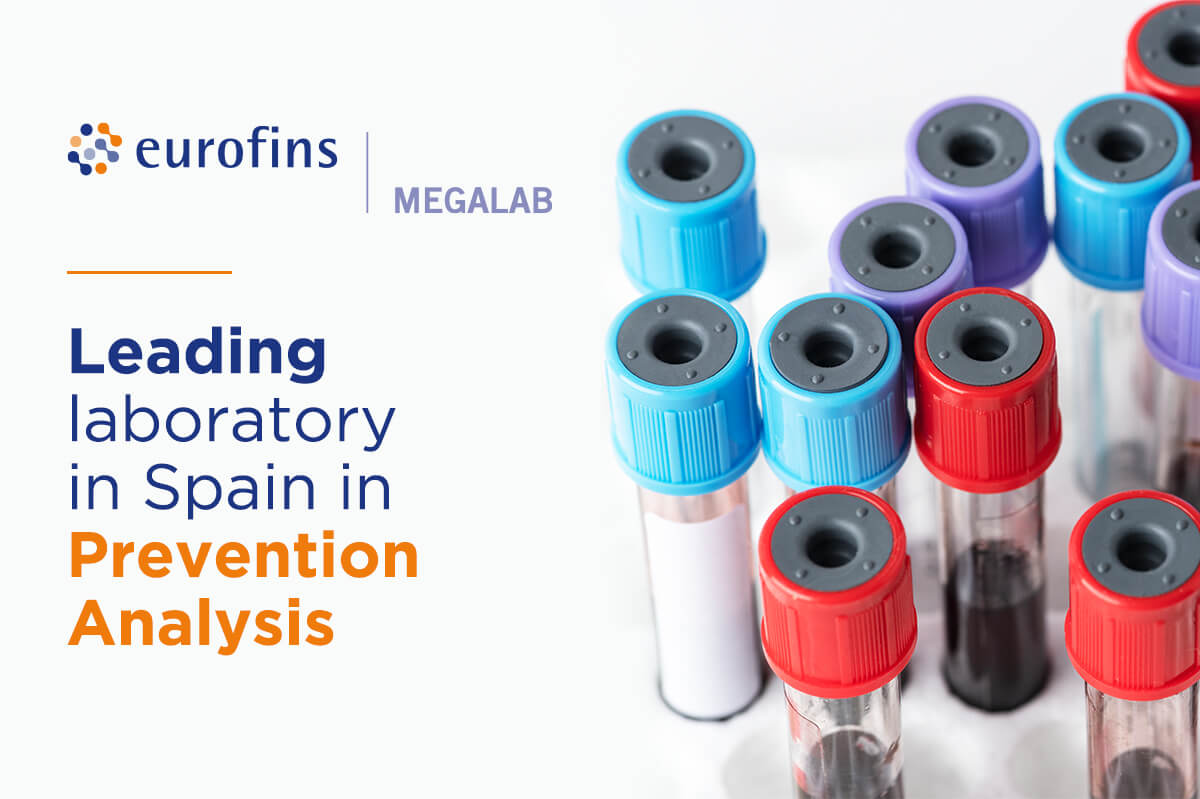Prevention is key to avoid illnesses or to detect them in time and improve their prognosis. This can be achieved by performing regular blood tests.
This is why health specialists and professionals recommend having a clinical test done at least once per year, even if the patient does not have any prior pathologies.






